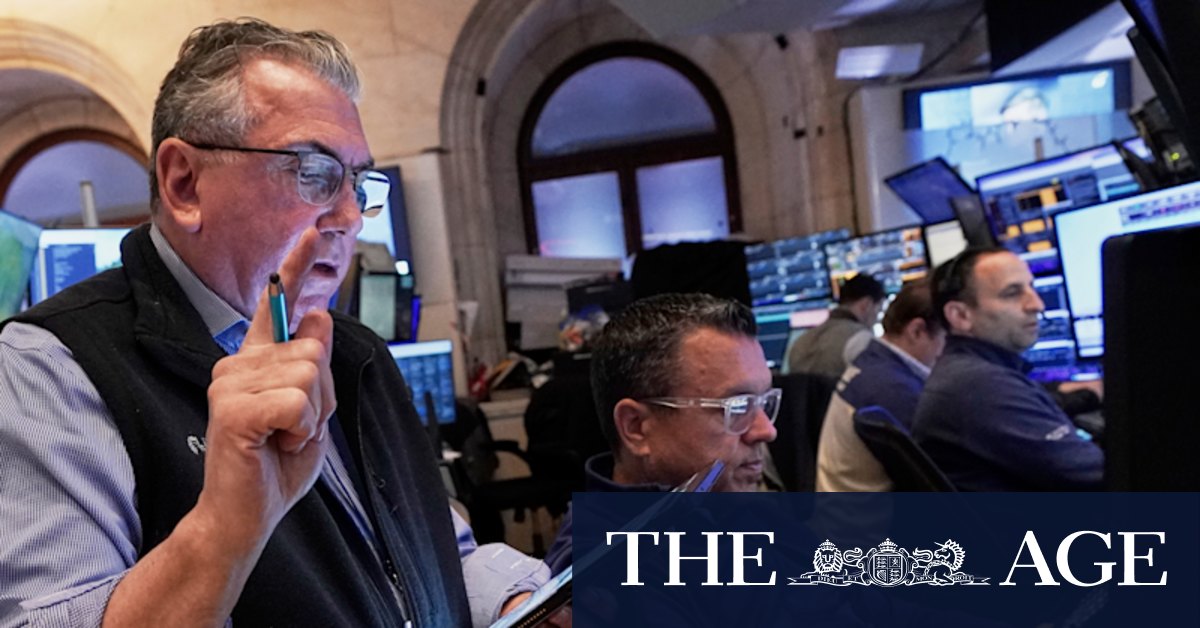The main event for the market will arrive on Wednesday. That’s when the Federal Reserve will announce its latest decision on interest rates, and the unanimous expectation is for its first cut of the year. Such a move could give a kickstart to the job market, which has been slowing.
Loading
Stocks have already run to records on the assumption that a cut is coming on Wednesday, though. Expectations are also high that the Fed will keep lowering rates through the end of this year and into 2026. That creates the possibility for disappointment in the market, which would mean drops for stock prices, if the Fed doesn’t end up slashing rates as aggressively as traders expect.
That’s why more attention will be on what Fed chair Jerome Powell says in his press conference following the decision than on the decision itself. Fed officials will also release their latest projections for where they see interest rates and the economy heading in coming years, which could provide another potential flashpoint.
What’s keeping the Fed on guard is a possible jump in inflation because of President Donald Trump’s tariffs. That’s because lower interest rates can give inflation more fuel and send it even higher. And inflation has so far proven difficult to get under the Fed’s 2 per cent target.
Another threat for Wall Street is if the job market slows too much. In that case, a resulting recession could create a downturn in corporate profits that’s big enough to swamp the benefits that lower interest rates bring in the near term.
Trump, meanwhile, has been pushing angrily for more cuts to interest rates. He’s often attacked Powell personally, nicknaming him “Too Late”, and is pushing for the removal of one of the Fed’s governors from its board.
“‘Too Late’ must cut interest rates now, and bigger than he had in mind,” Trump wrote on his social media network on Monday, using his trademark all-caps style.
On Wall Street, Intel rose 2.9 per cent after trimming its forecast for expenses this year. The move came after it completed the sale of a 51 per cent stake in its Altera business to the Silver Lake investment firm.
On the losing side of Wall Street was Hain Celestial, which fell 24.7 per cent after reporting a larger loss for its latest quarter than it did a year earlier. Interim chief executive Alison Lewis said the owner of “better-for-you” brands like Terra chips is making moves to stabilise sales “as we recognise our performance has not met expectations”.
Loading
Alaska Air Group lost 4.7 per cent after the airline said high fuel costs during the summer would likely cause its third-quarter results to come in at the low end of its forecasted range. It also cited higher expenses for overtime pay and for passengers’ compensation after bad weather and air-traffic control issues led to difficult operations, though it saw strong airfare trends thanks to demand for premium seats.
In the bond market Treasury yields eased, continuing their downward run on expectations for cuts to rates by the Fed.
The latest discouraging data on the economy came Monday from a report showing manufacturing activity in New York state is shrinking, contrary to economists’ expectations for continued growth. It’s the first month of contraction since June.
The next big economic update will arrive on Tuesday, when the US government will say how much shoppers spent at US retailers last month
